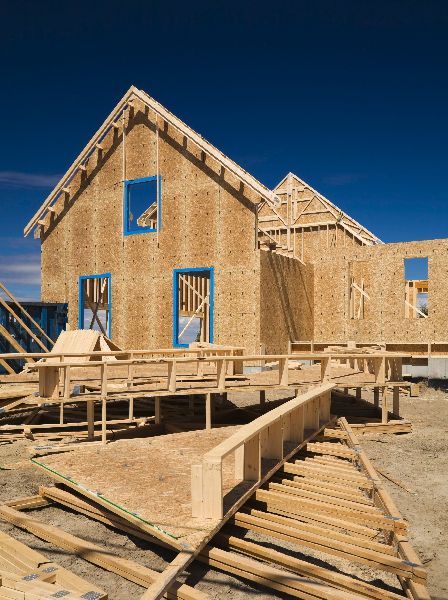Discover Your Home’s True Value. Expert Property Valuations for Informed Decisions
Schedule An AppraisalOver 47 Years of Home Appraisal Experience
CMH Appraisals is a trusted name in the real estate appraisal industry, with 47 years of combined appraisal experience providing accurate and reliable residential appraisal services in Davison, MI. Our two FHA-approved appraisers are dedicated to providing our clients with expert knowledge, professionalism, and unparalleled service in the appraisal industry. Whether you are buying or selling a home, refinancing a mortgage, or needing an appraisal for any other reason, CMH Appraisals is the go-to choice for precise and dependable real estate appraisals.
Customized Appraisals for All Property Types
We appraise all residential property types, including single-family homes, condominiums, townhomes, new construction, vacant land, manufactured HUD code homes, modular BOCA code homes along multi-family properties.
We service the counties of: Genesee, Lapeer, Tuscola, Oakland, Saginaw, St. Clair, Sanilac, Livingston counties.
Speak To An Appraiser Today
Tell us how we can be of service and one of our team members will contact you.

Appraisals Are the First Step in Any Real Estate Transaction
Real estate appraisals play a crucial role in the property market by providing an objective assessment of a property’s value. These evaluations help buyers, sellers, and lenders make informed decisions regarding real estate transactions. By considering various factors such as location, condition, and comparable sales, real estate appraisals provide a reliable and unbiased estimate that ensures fair pricing and mitigates risks associated with overvaluation or underestimation of property worth.
Attorneys
Expert, unbiased testimony, and consulting services.
Accountants
Accurately determine the value of your client’s real estate property.
Agents/Realtors
Help sellers list their property at a fair price to sell their properties faster.
Homeowners
Expert, unbiased testimony, and consulting services.
Lending Institutions
Reliable, dependable appraisals, every time.
More Reasons
We provide expert accurate appraisals in tax appeals, fair market value, divorces and estate divisions.
Meticulous Data Analysis for Accurate Appraisals
One of the most important tasks an appraiser must accomplish is to assimilate data. Data can be described as either specific or general. Specific data is collected from the home itself: location, condition, amenities, size, and other specific data are gathered by the appraiser during an inspection. General data is gathered from a variety of sources. To research recent sales to be used as “comps”, an appraiser will often go to the local Multiple Listing Service boards, of which we are members with three different MLS boards, to acquire the most comparables. To double-check actual sales prices, we use tax records, assessing data, and other public documents. Flood zone data is gathered from FEMA data outlets, such as A la Mode’s InterFlood service. And most importantly, the appraiser gathers general data from his or her collective knowledge gained doing assignments for other houses in the same market.

Single Family/Condo
Appraisals

New Construction
Appraisals

Modular Homes
Appraisals

Vacant Land
Appraisals
Are You Looking for a Qualified Appraiser and/or FHA-Approved Appraiser?
You’ve come to the right site.
We have 2 experienced Certified Residential FHA approved appraisers within our company.
CMH Appraisals has been in business for over 23 years with 28 years in the appraisal profession.
We have 47 years of combined appraisal experience within the real estate industry.
Our company can provide quality, dependable, unbiased, quick appraisal reports for all your real estate needs.
We service the counties of: Genesee, Lapeer, Tuscola, Oakland, Saginaw, St. Clair, Sanilac, Livingston counties.
Contact us for all your appraisal services needed.
Do I Need An Appraisal?
There are a lot of reasons to order an appraisal, with the usual being real estate and mortgage transactions. Other reasons for ordering an appraisal include:
- If you are applying for a loan.
- To reduce your property taxes.
- To show a homeowner has 30% equity and remove PMI.
- To fight high property taxes.
- To settle an estate.
- To provide you a leg-up when purchasing a home.
- To figure out the most probable property value when listing your home.
- To ensure parties are provided just compensation in eminient domain cases.
- Government agencies such as the IRS require an appraisal on every home.
- If you ever find yourself in a lawsuit.